

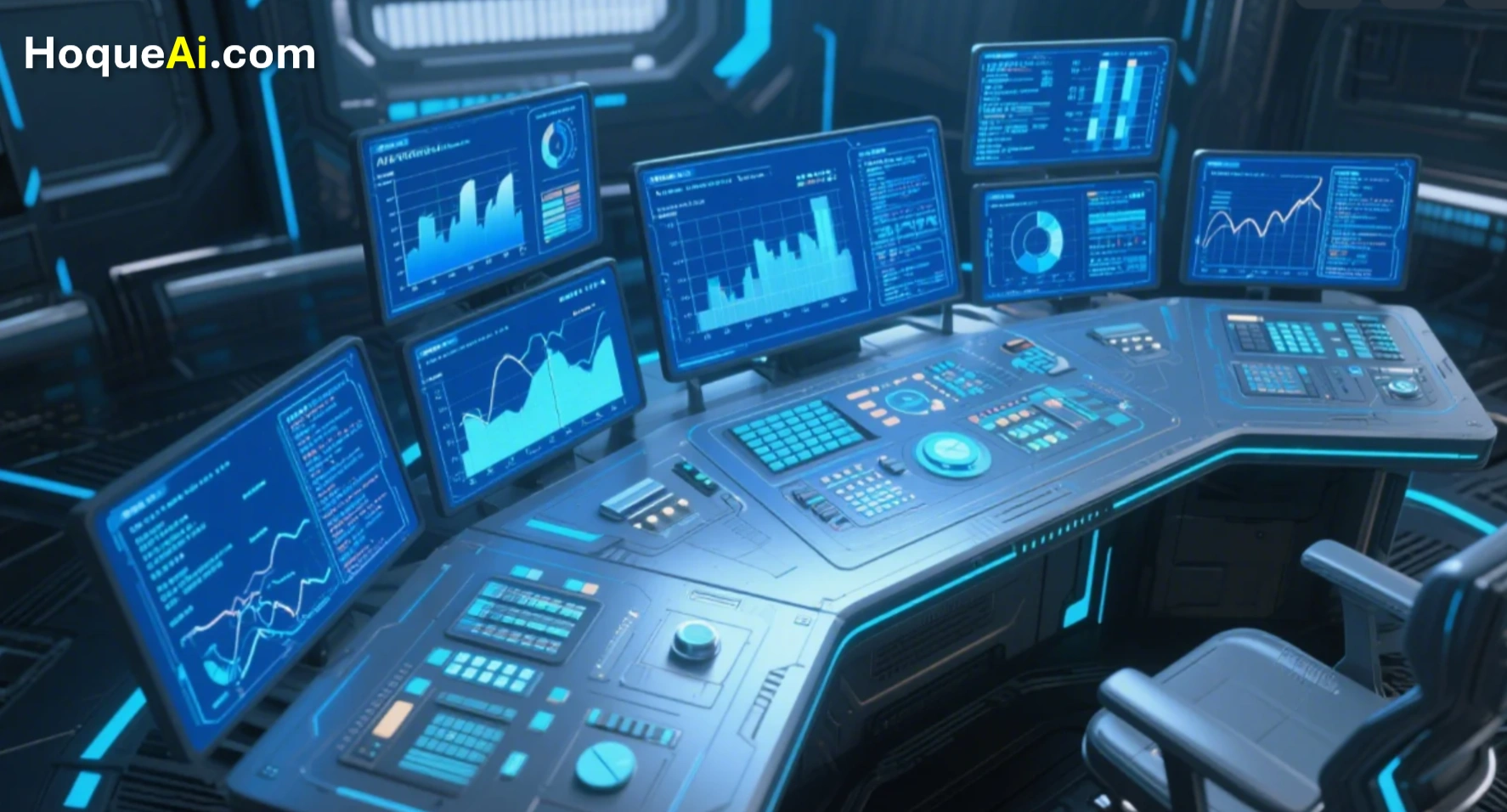
Fig. 1: AI Generated image: AI Automation
In today’s fast-paced digital economy, automation has emerged as a vital strategy for improving
efficiency, accuracy, and responsiveness across industries. With the integration of Artificial
Intelligence (AI), automation has evolved into an intelligent, adaptive system that transforms
how organizations operate.
AI-powered automation solutions enable machines to learn, predict, and act in real time. These
solutions minimize human error, accelerate task execution, and allow round-the-clock operations.
By embedding machine learning, natural language processing, and computer vision into automation
workflows, organizations make data-informed decisions and optimize performance proactively.
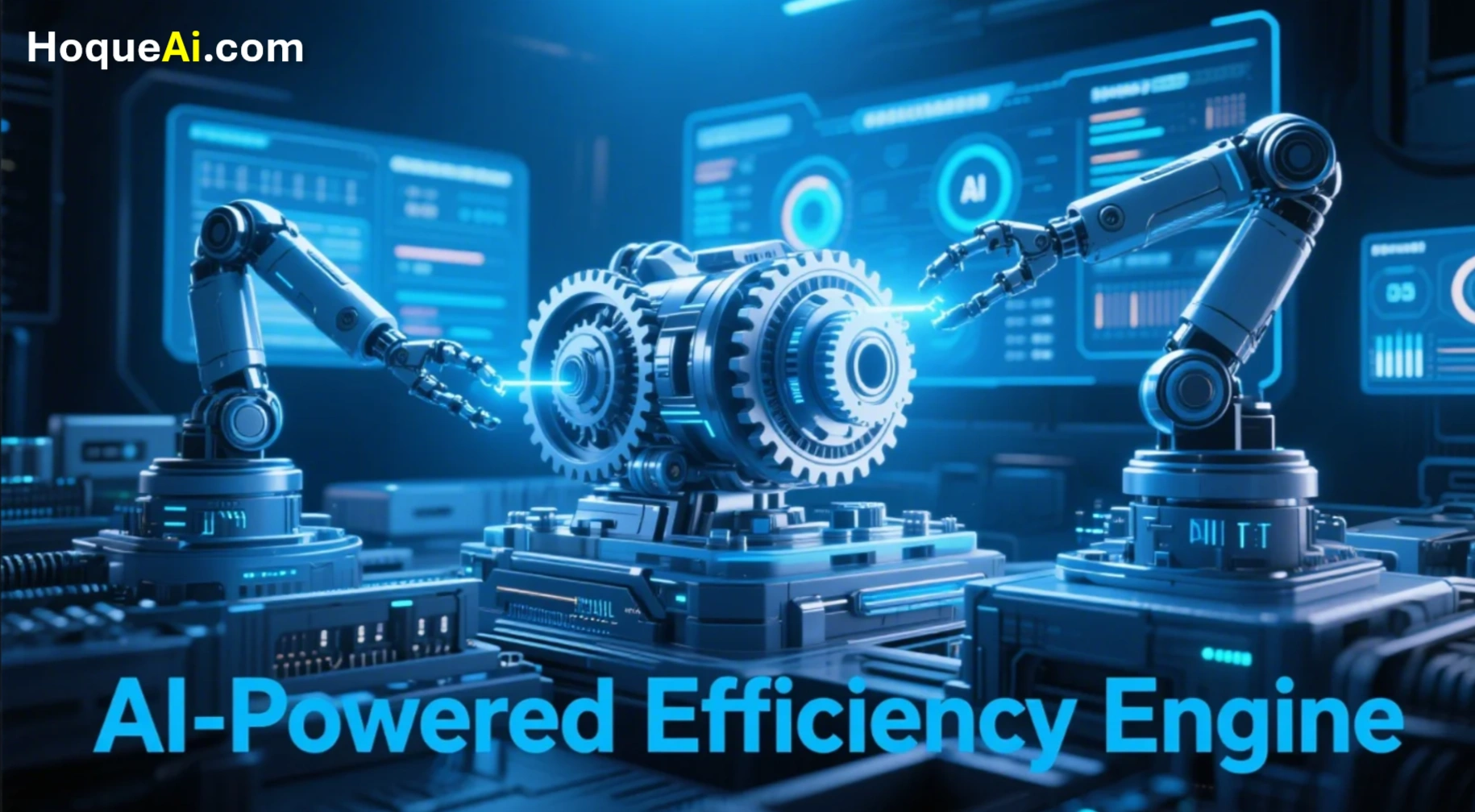
Fig. 2: AI Generated image: AI Automation Gear. Futuristic AI automation gear
systems
interlocked with robotic arms working in synergy.
AI automation is revolutionizing sectors such as manufacturing, logistics, finance, healthcare, and customer service. Robotic systems in manufacturing operate with precision; predictive models in logistics streamline supply chains; AI algorithms in finance detect fraud in real-time; and intelligent chatbots enhance customer service.
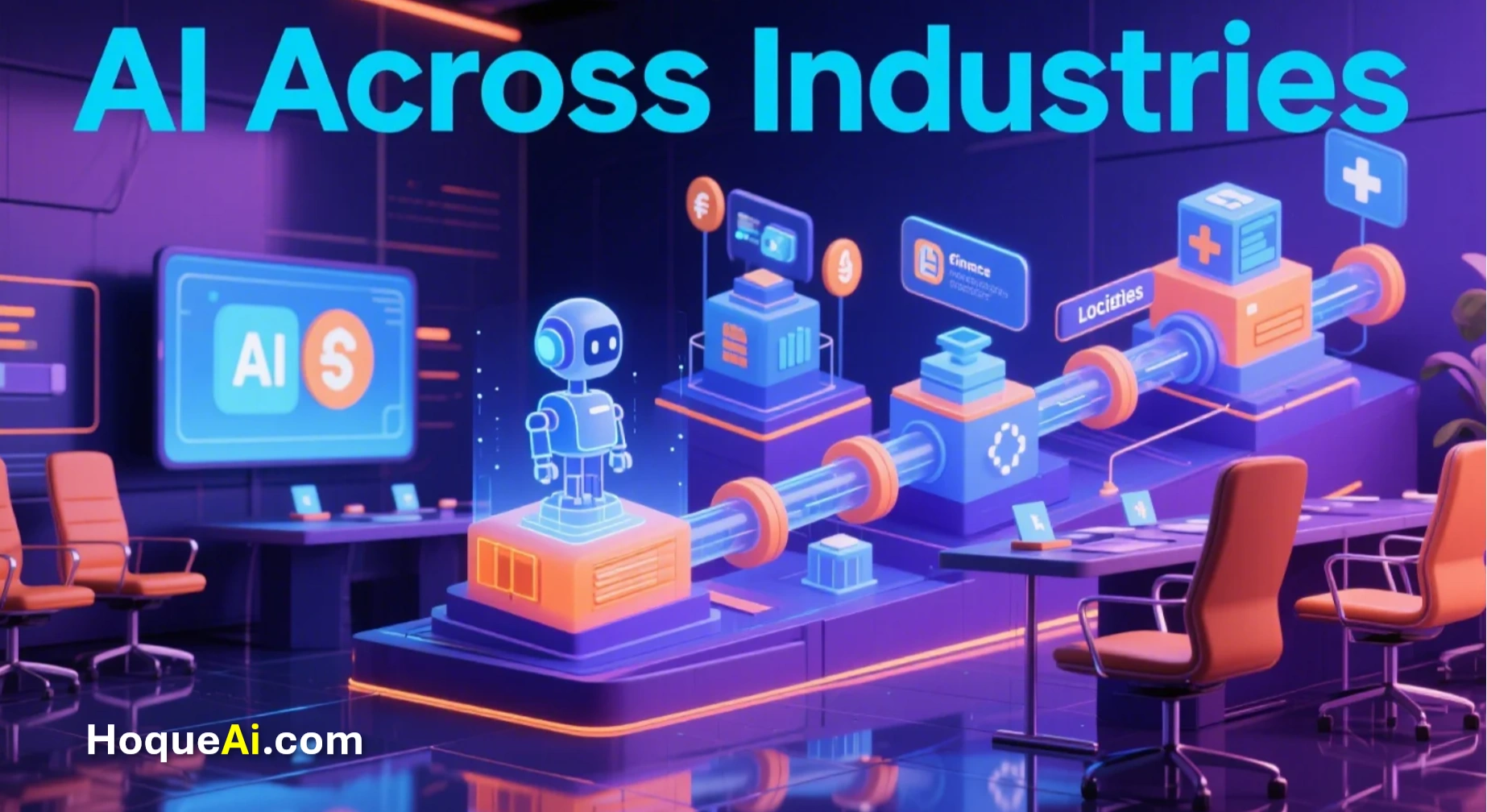
Fig. 3: AI Generated image: AI Applications in Multiple Industries. AI automating
processes
workflow pipelines in finance, healthcare, and logistics sectors.
What sets AI automation apart is its ability to learn and evolve. Through continuous data feedback loops, algorithms improve task execution, refine performance metrics, and adapt to dynamic environments. This agility allows businesses to scale operations efficiently and respond faster to challenges.
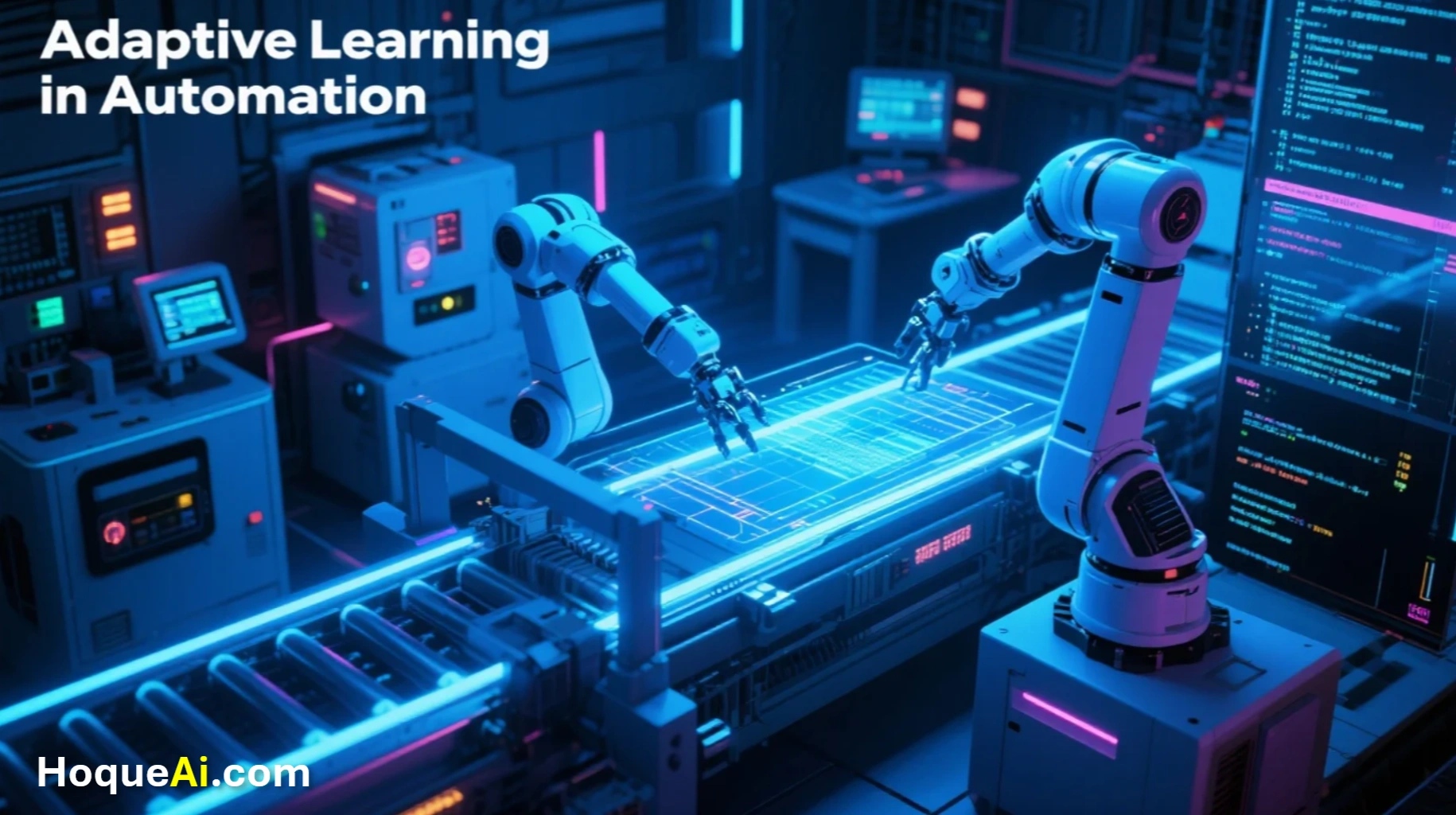
Fig. 4: AI Generated image: AI Neural Network feedback loop adjusting robotic arms on a production line.
Traditional RPA performs repetitive tasks with predefined rules. When enhanced with AI, these bots understand context, analyze documents, make judgment-based decisions, and trigger workflows automatically. AI-enabled RPA transforms operations such as HR, claims processing, and invoice management.
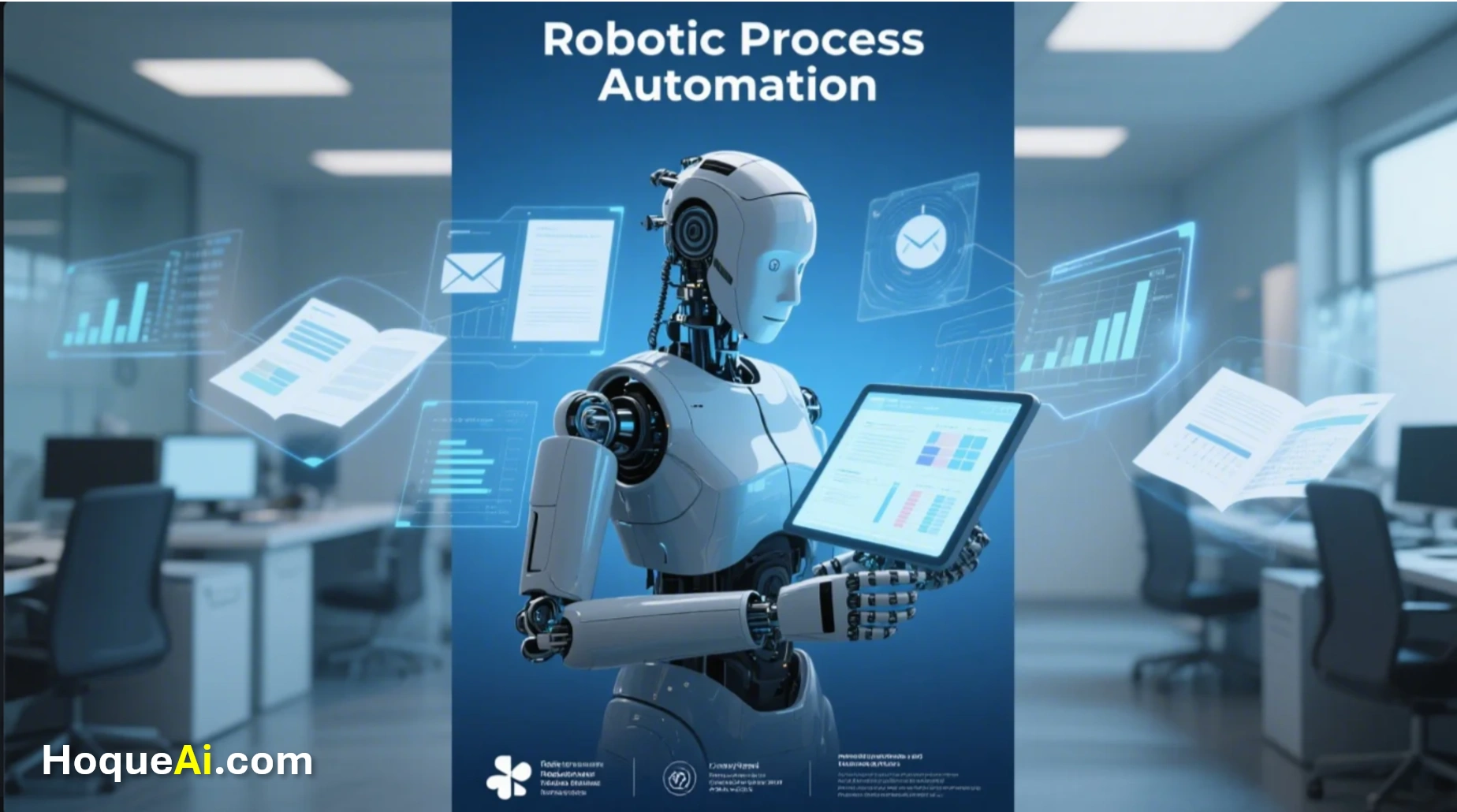
Fig. 5: AI Generated image: Robotic process automation bots analyzing digital documents, emails, and spreadsheets.
AI-driven automation is central to building smart enterprises that innovate faster, operate sustainably, empower employees, and deliver superior experiences. It unlocks new opportunities for growth, scale, and global impact—driving the future of intelligent business.
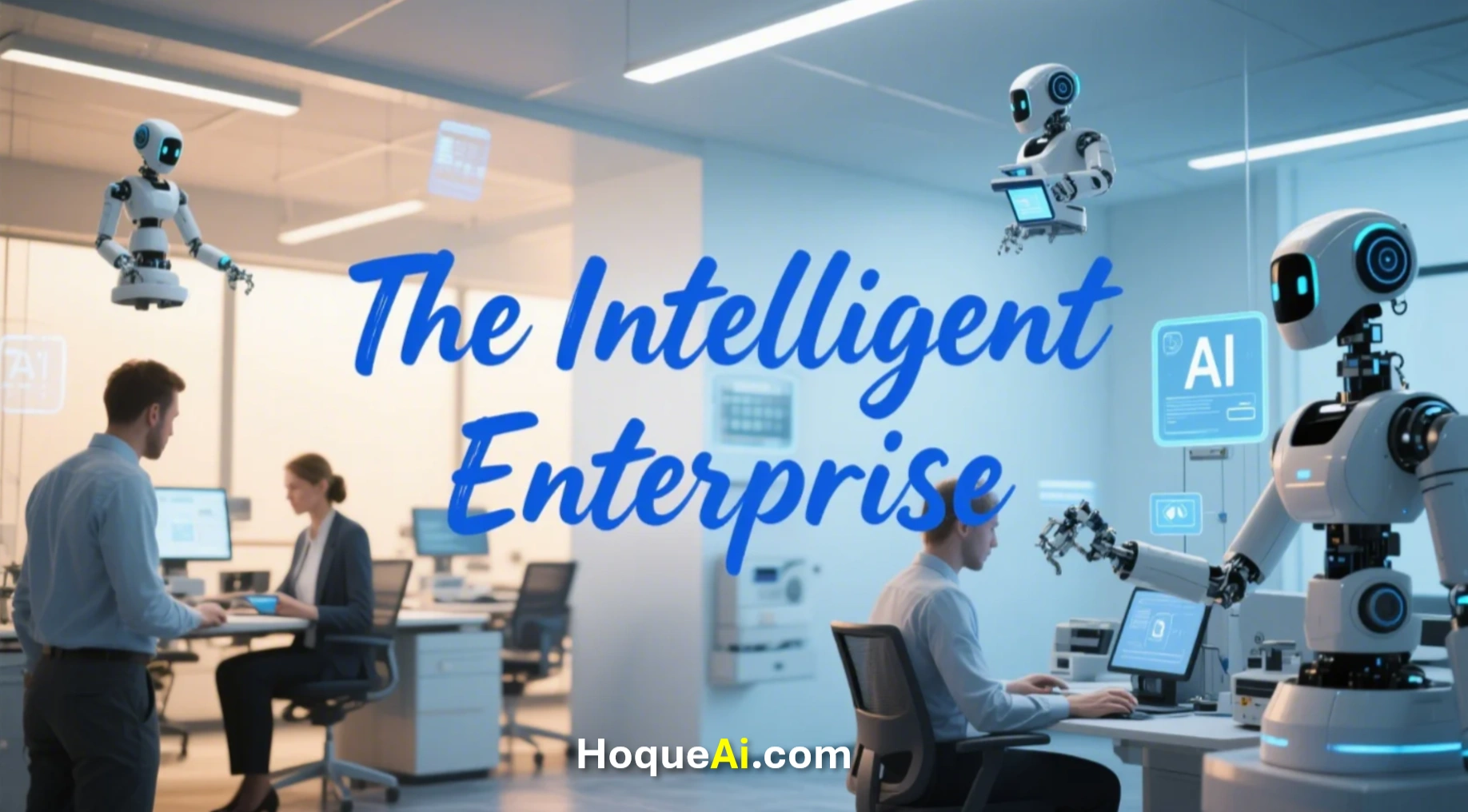
Fig. 6: AI Generated image: Modern smart office with AI assistants, touch interfaces, humans and machines collaborating.
© 2025 HoqueAI. All rights reserved. | Privacy Policy